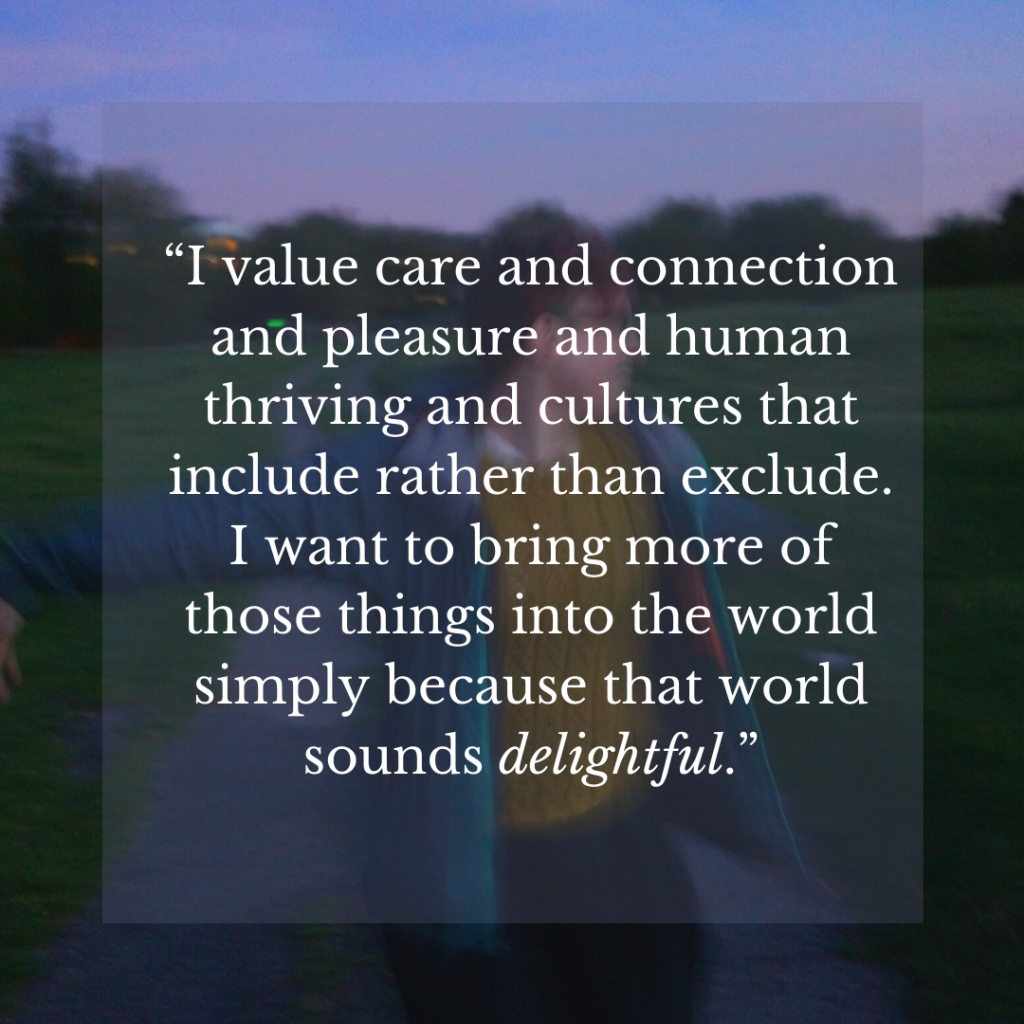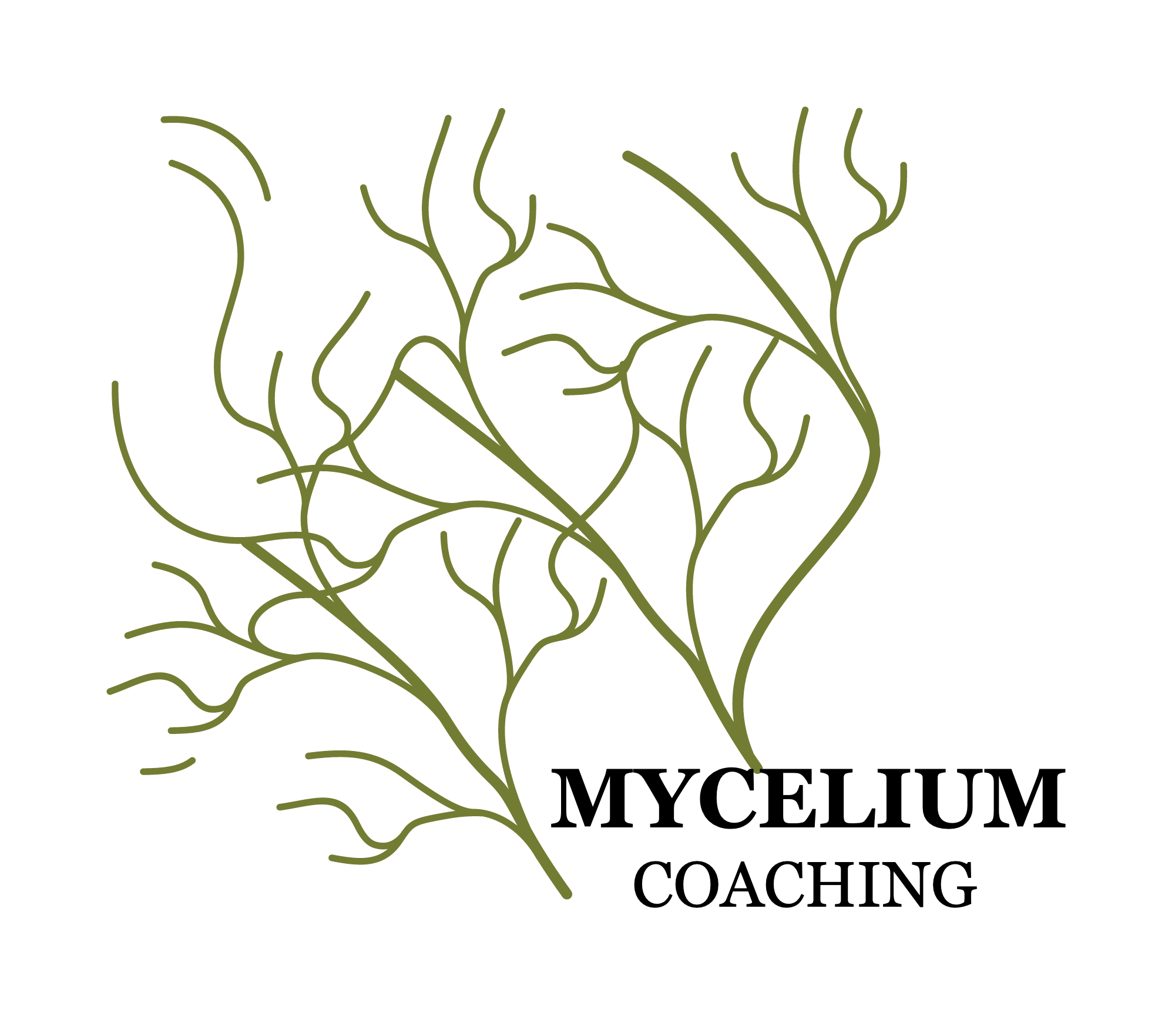
This week I want to address what I think are two common and related thought errors that often block us from taking action. This is the idea that we need to make the most moral or ethical choice, that before we can proceed we need to know that we have made the best decision. This is related to the idea that we take political action in order to become better people. Both of these thought errors centre ourselves and disempower us.
I’ve seen a lot of talk about morality this week, including from the WHO, who are appealing to the UK government to make the “moral” choice and donate covid19 virus vaccines to developing countries. This is never going to work because morality is relative. The Tory government think that the most moral choice is whatever gets people back to work and generating money the fastest. They don’t care about being nice, so appealing to their morals in this way is a doomed venture. It’s the same for any of us when we spend a lot of time and energy trying to work out the most moral or ethical thing to do. Morality is relative. We are always going to run across people whose moral compasses differ from ours, who tell us we are doing the wrong thing. Many people oppose LGBTQ+ rights or abortion for what they think are moral reasons.
In Western societies at least (I speak from my perspective here) we often speak about morality as if it is a fixed thing which is external to us. But do you want your moral compass to be static? I think having fixed ideas of what is right and wrong risks leading us into trouble. If you know that you can shift your definition of injustice, for example, then it becomes easier to learn and adapt when you learn about new categories of injustice. Building a world that serves all of us is necessarily an adaptive process, because many voices have been silenced for so long.
The idea that we do things in order to be better people is also unhelpful. Who doesn’t want to be one of the good people? And who decides? How do we know if we have made it? Wanting to be better introduces urgency when we need to slow down and really listen. We take it personally when we cause harm and we rush in to fix things. Many people will sell you courses or books that promise to bypass this work, that promise to make you one of the good people if you pay enough. It also introduces delays, because there is always another course to complete or another book to read before we can start. But the truth is that we don’t take action because we are good or bad people. Like morality, the concept of who is good or bad is entirely subjective. We take action based on what we are thinking and feeling. If our actions are driven by the desire to prove our goodness to others, we centre ourselves, because our thoughts are focused inward, because we feel our goodness is insecure, in need of proof.
I don’t know about you, but I don’t take action because I want to be a better person (although I have done in the past, when I hadn’t thought so much about these things, when my understanding of the systems I was born into was less). It’s not about me. I want a world where Black women and femmes are free because that is a world where everyone is free. I want a world that works in the interests of disabled people instead of erasing us. I want a world where everyone has enough to thrive, where people fund healthcare and education instead of wars. I want to be an ancestor to a world that is habitable for future generations. I want to be held by community and hold those people I am in community with. I want a world where we have moved beyond prisons and policing and built other systems to repair harm. I want these things (and more) because I value care and connection and pleasure and human thriving and cultures that include rather than exclude. I want to bring more of those values into the world simply because that world sounds delightful.
When we don’t base our action around a desire to be good or moral people it becomes easier to own mistakes and repair harm. When our impact doesn’t match our intention, or our words cause harm because of our ignorance or patterning, we can course correct. We don’t need to justify our mistakes because they do not mean something bad about us as people. This is where we need to get out of our heads and into our bodies to get really good at noticing when things do or do not sit right. When we feel that rush and urgency rising up in our bodies we can ask “What is this telling me? Where is it coming from? Does it support me in what I want to do?” I think when we give ourselves space to notice, to let go of the need for immediate certainty, we open up space to hold things in all of their complexity. I don’t know about you, but my thoughts and feelings often feel so certain at first, like they are just facts. And when I really look at them, when I turn them over in my mind or on paper like I turn a stone in my hand, they reveal themselves instead as a complicated fabric of things I was taught, how things work in society and things I have chosen for myself. For me, one clue that something is not right is that feeling of urgency or graspiness. Intuition doesn’t feel urgent, it feels like calm knowing. For me intuition is the same feeling I get when I look at a tree or the stars, a feeling of certainty and connection, of being part of something in some essential way.
When we let go of the idea of being better or more moral people, we expand our definition of what is possible. One example of such expanding can be found in the movement for prison abolition. To many people, the idea of a world without police and prisons still seems unthinkable. But, thanks to the work of many thinkers and organisers, these ideas are gaining traction, are presenting real and tangible possibilities, although there is much more work to be done. We have seen some police departments in US cities pay reparations to the families of victims of police torture (I grew up on the South Side of Chicago and this news is HUGE and the result of the long-term work of many brilliant people). and transferring funds from police departments into other forms of community support. These are partial victories (and rely on decades of work by many people) but they exemplify, to me, the possibility that comes when when we let go of simple ideas of morality, of the idea that we can divide people easily into categories like good and bad. That, to me, feels like real possibility.

Recent Comments